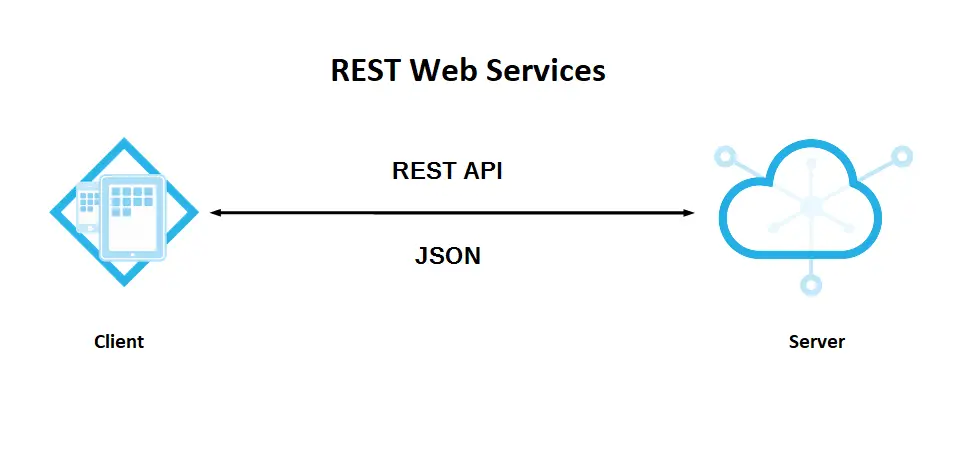C# LINQ query and method syntax
By Tan Lee Published on Mar 27, 2025 291
In LINQ, the query syntax is more declarative and closely resembles SQL, while the method syntax is more functional and leverages LINQ extension methods to chain operations. Both syntaxes ultimately perform the same tasks, but some methods, such as Append or Concat, are only available in method syntax and do not have equivalents in query syntax.
Query Syntax
Query syntax looks similar to SQL and is ideal for those who are already familiar with SQL queries.
For example:
var numbers = new[] { 1, 2, 3, 4, 5, 6, 7, 8, 9, 10 };
var evenNumbers = from num in numbers
where num % 2 == 0
select num;
foreach (var num in evenNumbers)
{
Console.WriteLine(num);
}
In this example:
-
fromspecifies the data source (numbers). -
wherefilters the data based on a condition (num % 2 == 0). -
selectspecifies what data to retrieve (num).
Method Syntax
Method syntax uses LINQ extension methods to perform queries. It’s more flexible and often used when writing complex queries.
var numbers = new[] { 1, 2, 3, 4, 5, 6, 7, 8, 9, 10 };
var evenNumbers = numbers.Where(num => num % 2 == 0);
foreach (var num in evenNumbers)
{
Console.WriteLine(num);
}
In this case, Where() is a LINQ extension method that filters the numbers, and the => symbol represents a lambda expression.
Suppose we have a list of words, and we want to find all the words that contain the character 'o'. We will write the solution using both query syntax and
using System;
using System.Linq;
class Program
{
static void Main()
{
var words = new string[] { "mountain", "river", "forest", "cloud", "ocean", "desert" };
// Query syntax
var queryResult = from word in words
where word.Contains('o')
select word;
// Output results of query syntax
Console.WriteLine("Query Syntax:");
foreach (var word in queryResult)
{
Console.WriteLine(word);
}
Console.WriteLine("-----------");
// Method syntax
var methodResult = words.Where(word => word.Contains('o'));
// Output results of method syntax
Console.WriteLine("Method Syntax:");
foreach (var word in methodResult)
{
Console.WriteLine(word);
}
}
}
Query Syntax
var queryResult = from word in words
where word.Contains('o')
select word;
This LINQ query filters the words array to select all the words that contain the letter 'o'. The from keyword specifies the data source (words), and the where clause filters based on the condition word.Contains('o'). The select clause returns each word that meets this condition.
Method Syntax
var methodResult = words.Where(word => word.Contains('o'));
In the method syntax, we use the Where() extension method, passing a lambda expression (word => word.Contains('o')) that specifies the same condition. The Where() method filters the array, and it works in the same way as the where clause in query syntax.
When you run the program using dotnet run, the output will be:
Query Syntax: mountain forest cloud ocean ----------- Method Syntax: mountain forest cloud ocean
In this case, the words "mountain", "forest", "cloud", and "ocean" all contain the letter 'o', so they are printed. The result is the same for both query and method syntax; the difference lies in how the query is written.
Key Differences Between Query and Method Syntax
-
Readability: Query syntax is more declarative and may feel more familiar to developers who are used to SQL. It’s often easier to understand for simple queries.
-
Flexibility: Method syntax is more versatile and allows for method chaining. This is useful when you want to apply multiple operations, like sorting or grouping, in a single query.
-
Performance: There is no performance difference between query and method syntax. Both are compiled into similar intermediate code by the compiler.
-
Functionality: Some LINQ methods, like
Append,Concat, andToList, are only available in method syntax.
Both syntaxes are powerful, and the choice between them often comes down to personal preference or the complexity of the query. For simple queries, query syntax might feel more natural, while method syntax provides more flexibility, especially when working with chained operations.
- C# LINQ Tutorial
- Group by in LINQ
- How to get the index of an element in C# LINQ
- Cannot use a lambda expression as an argument to a dynamically dispatched operation
- How to group by multiple columns using LINQ
- Using LINQ to remove elements from a List<T>
- How to Find XML element by name with XElement in LINQ
- Could not find an implementation of the query pattern for source type





